1. Australia's unemployment rate fell slightly in October 2025
The unemployment rate in Australia in October 2025 decreased slightly to 4.3% (September 2025 was 4.5%), of which the number of employed people reached approximately 14.7 million, an increase of 232 thousand people (+1.6%) compared to the same period in 2024; the number of unemployed people was more than 665 thousand, an increase of 48.3 thousand people compared to the same period in 2024, equivalent to an increase of 7.8%.
Australia unemployment rate chart over time
Although the rate decreased slightly compared to the previous month, it can be seen that unemployment is on an upward trend again since the low of 3.5% in June 2022, thereby reflecting increasing difficulties in the Australian job market as well as the Australian economy .
2. International arrivals to Australia have recovered to pre-Covid-19 pandemic levels
According to the Australian Bureau of Statistics (ABS), the total number of foreign visitors to Australia in September 2025 reached nearly 1.83 million, an increase of 5.6% over the same period in 2024. Of these, 1.05 million Australian citizens returned home for the short term (+2.9%); 696,500 international visitors to Australia for the short term (+10.4%), a number 0.2% higher than the period before the Covid-19 pandemic (September 2019 recorded 694,000 arrivals).
Short-term international arrivals to Australia chart by month
New Zealand visitors continue to lead the number of international visitors to Australia with more than 135.7 thousand arrivals (accounting for 19.5%), followed by those from China with 83 thousand arrivals, and those from the UK with 46.9 thousand arrivals... By state/territory, New South Wales is the state that attracts the most international visitors with 256 thousand arrivals (+9.7% compared to the same period in 2024); followed by Queensland with 159 thousand arrivals (+12.9%), Victoria with 157 thousand arrivals (+4.6%)...
3. Australia's opposition Liberal Party announces it is abandoning its 2050 net-zero target
The Liberal Party – the most important opposition party in Australia – has officially announced to abandon its commitment to achieving net-zero emissions by 2050 if it wins and takes power in the upcoming elections; the decision was made just 01 day after the majority of the party's members voiced their support for canceling this target. Notably, net-zero in 2050 was the target first set under the government of former Prime Minister Scott Morrison, who was the leader of the Liberal Party at that time.
Liberal Party leader Sussan Ley speaks at a press conference
The meeting of Liberal Party shadow ministers also decided to oppose the Labor Party's (current ruling party) 2030 Emissions Reduction Bill, but decided to remain part of the Paris Agreement on climate change and welcome efforts to meet the net zero emissions target.
4. South Australian government partners with Qantas to promote innovation
The South Australian government has signed an agreement with Qantas to establish a product innovation center, built in the Adelaide CBD (South Australia), which is expected to create more than 420 highly skilled jobs related to the technology sector by the end of 2028. According to Qantas CEO, Ms. Vanessa Hudson, this investment will not only benefit South Australia but also Australia, and will also help Qantas strengthen the capacity of its experts.
Qantas Airlines CEO Vanessa Hudson
South Australian Premier Peter Malinaukas said negotiations with Qantas about choosing Adelaide as the location for the hub began last year, expressing optimism about the potential for cooperation, while affirming that the agreement would bring many benefits in technology and skilled labor to South Australia.
5. Several Italian companies have been accused of dumping tomato products in Australia.
The Australian Anti-Dumping Commission (ADC) has found that several major Italian tomato processors and exporters have been selling their products in Australia at abnormally low prices, hurting local producers. Previously, the companies behind the SPC food group, Ardmona and Goulburn Valley, had filed a complaint against Italian competitors, causing damage to local producers by selling 400-gram cans of tomatoes for just $1.10 under the Coles and Woolworths brands, a price much lower than similar Australian-grown Ardmona products ($2.10).
Workers harvesting tomatoes in Italy
ADC then investigated four Italian producers (De Clemente, IMCA, Mutti, La Doria) and found that three of the four companies had dumped products in Australia in the 12 months to the end of September 2024. In its preliminary assessment of the cases, ADC found that the Italian exporters had violated anti-dumping/anti-subsidy regulations, causing damage to Australian domestic producers.
6. BHP Group may have to pay a large sum of money in compensation related to the environmental disaster at its investment project in Brazil.
Australian mining giant BHP is under pressure to increase compensation for victims of the 2015 tailings dam collapse in Brazil that killed 19 people and caused significant environmental damage. The tailings dam is owned by Samarco, a mining joint venture between BHP and Vale; both companies have paid billions of dollars in compensation to those directly affected by the dam collapse.
Environmental disaster in Brazil caused by BHP project
A British court is currently handling the case and will soon make a decision on the long-running legal battle; if the verdict is unfavorable, BHP could face huge compensation payments of up to tens of billions of dollars as law firm Pogust Goodhead has filed a lawsuit on behalf of more than 600,000 individuals and organizations demanding compensation of 36 billion pounds (equivalent to 72.5 billion AUD).
Source: https://moit.gov.vn/tin-tuc/ban-tin-thi-truong-uc-tu-7-11-2025-den-14-11-2025-.html


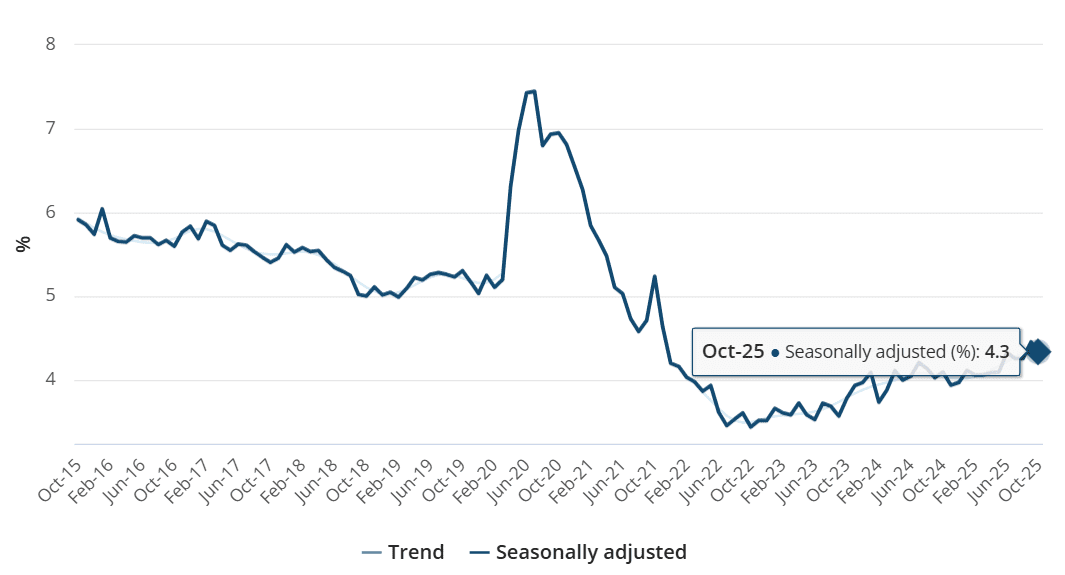
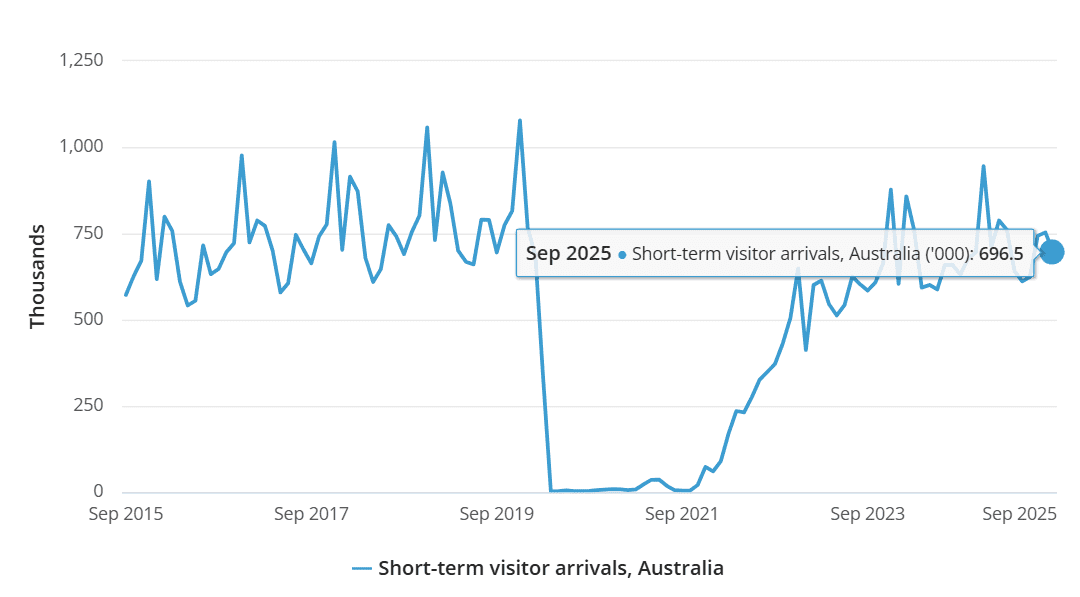
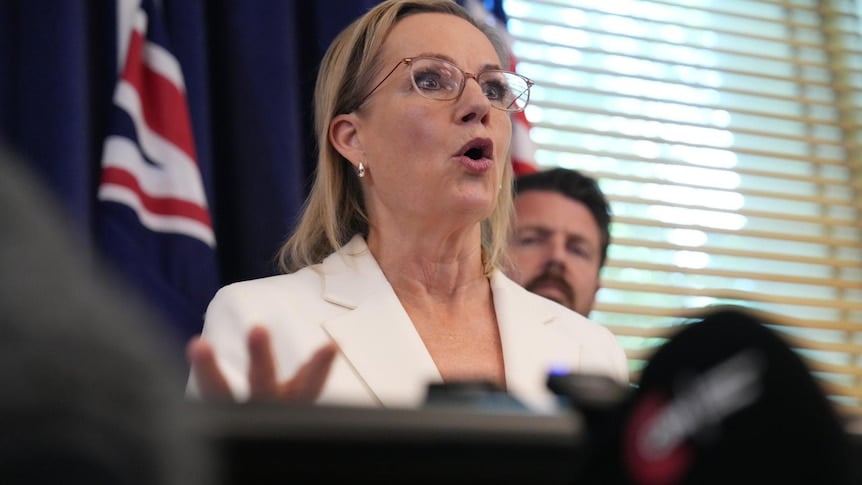

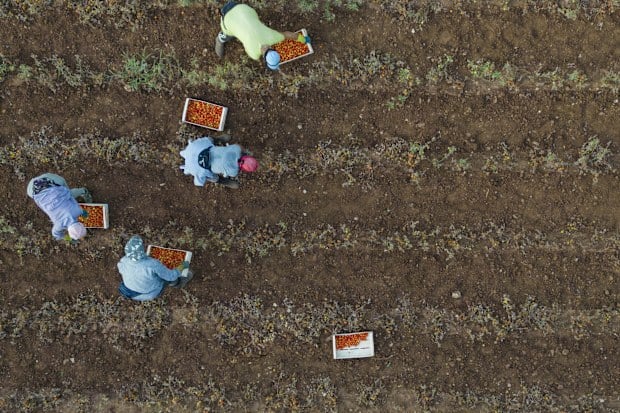




![[Photo] Unique architecture of the deepest metro station in France](https://vphoto.vietnam.vn/thumb/1200x675/vietnam/resource/IMAGE/2025/11/14/1763107592365_ga-sau-nhat-nuoc-phap-duy-1-6403-jpg.webp)

![[Photo] Unique art of painting Tuong masks](https://vphoto.vietnam.vn/thumb/1200x675/vietnam/resource/IMAGE/2025/11/14/1763094089301_ndo_br_1-jpg.webp)
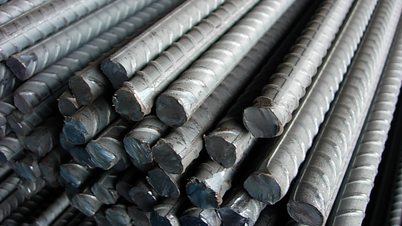













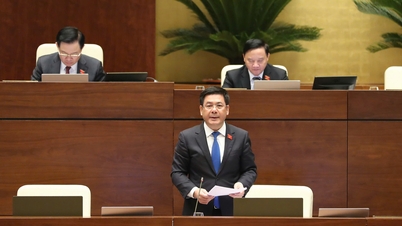


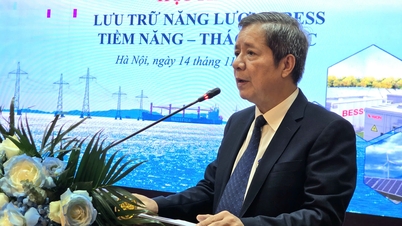

![[Photo] Special class in Tra Linh](https://vphoto.vietnam.vn/thumb/1200x675/vietnam/resource/IMAGE/2025/11/14/1763078485441_ndo_br_lop-hoc-7-jpg.webp)




















































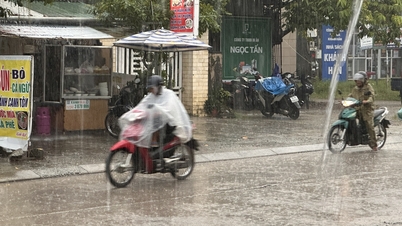

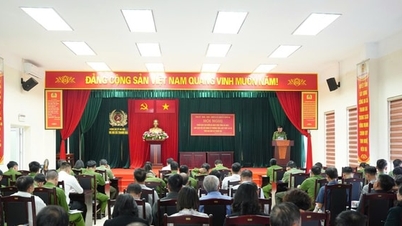















Comment (0)